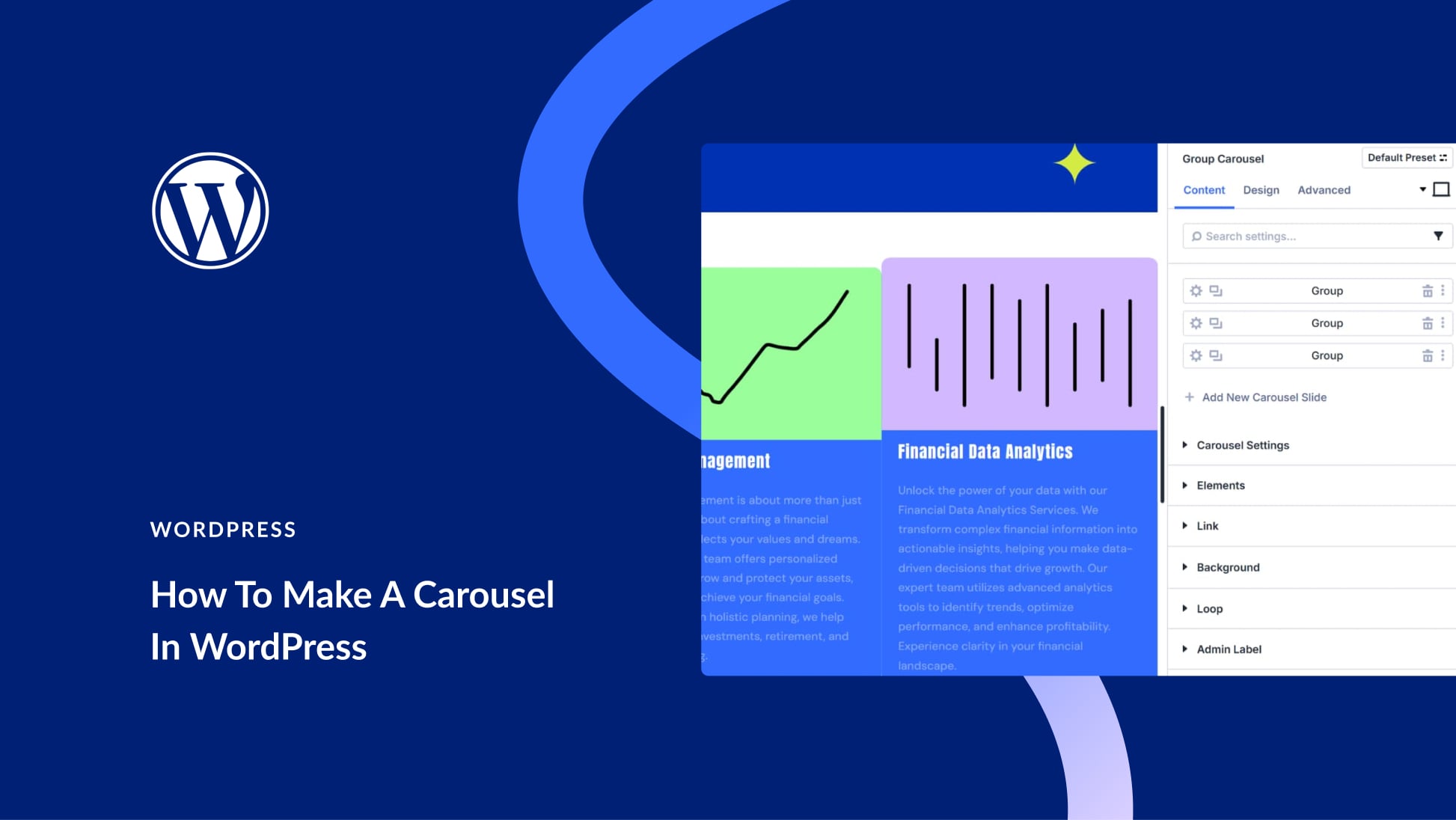Getting new clients can be harrowing. That’s why it is in everyone’s best interest to keep the clients that you have coming back to you. One surefire way to do that is by doing good work. That speaks for itself. Another way that stacks on top of that is to offer a website maintenance plan or a retainer service that your clients can use to keep you at their fingertips. Now, website maintenance plans make sense for some clients and not others, sure. And maybe you’ve never thought of holding a retainer. The idea of paying up front for a service or for being on-call, even. We want to discuss what these kinds of plans and services are and how they differ.
What’s the Difference?
When considering the various plans and choices to offer clients, there are a lot of choices between not only the differences in maintenance plans and retainers, but also the varying tiers among them individually. And it can all seem terribly overwhelming. You don’t want to offer too many choices for fear of doing the same to your clients, but you don’t want to offer too few choices so that your clients don’t see an option that fits for them.
So…let’s break down what we’re talking about here.
Subscribe To Our Youtube Channel
What is a Website Maintenance Plan?
A website maintenance plan for web development and design is an ongoing contract that you sign with a client, where you handle a set number of tasks for them each and every contract period (week/month/year). The details of the plans may differ between providers and clients based on expertise, but there are often some similar things being offered.
First of all, tiers of service are common. This might be a Standard, Deluxe, Premium package. Each one might offer more and more service options for the client.
- Standard maintenance might offer updating and maintaining WordPress core files, plugins, and themes. Keeping regular backups of the site and content, and running security checks using WordFence or Sucuri.
- Deluxe maintenance may involve all of the Standard options. It may also add in checking for site-health issues such as 404 pages, uptime, and page speed analytics. Clients at this tier might also want (need) someone to oversee their traffic and other metrics through Google Analytics. (To whatever degree you specify in the contract you both sign and are bound to.)
- Premium maintenance tiers tend to be, well, just that. Premium. When you get into this area with a client, you tend to move away from the hard-skills and upkeep. You get into the more abstract. Premium maintenance tiers might include a certain amount of marketing consultation, writing or editing web content like blogs, creation of certain media like podcasts or design images. Some may even want employee training seminars.
The primary thing to remember about offering maintenance plans to your clients is that a website maintenance plan is contract-based. You and the client agree on a set series of responsibilities within set parameters that you will handle for them for the set cost of the tier they purchase. You have in writing what you agree to do for them. Then you do it. Anything that’s not within that contracted agreement will cost extra.
Benefits of a Website Maintenance Plan
The biggest benefit for both client and provider is the security and reliability the contract provides. They get the peace of mind that you are handling tasks they either don’t have time for or that they don’t have the expertise to handle. You get the security of steady income for tasks that can generally be scheduled out and done in batches for similarly contracted clients.
What is a Retainer Plan?
Now, offering retainer service for your clients is a little different (a lot different?) than a maintenance plan. Awebsite maintenance plan is based on a contract based on predetermined tasks and responsibilities. Being held on retainer is exactly the opposite. You are not being paid to do anything in particular. In fact, you might be getting paid to do nothing at all.
Your services are being retained for when and if they are needed at some indeterminate point in the future (or within a contracted time period, more likely).
That’s unlikely, but it’s how retainer services work. You and your clients get the flexibility of knowing that you’re available for any task or job they need you for, and you get the security of knowing that you have a regular paycheck coming in. Retainer services are often more expensive than website maintenance plans because they’re more flexible in terms of what they allow. They can, however, have an impact on your development and design schedule because you can effectively be “on call.”
You can think of a retainer as being a pre-payment for some service in the future. Your client might call with an emergency they need you to help control. Maybe they need a consultation about a client or project of their own. Or maybe they need you to handle the development and design of a whole new website for them. In general, being held on retainer gives the client a lot more freedom for how they utilize your services, and they likely have access to the entire suite of your services rather than being limited as they would be on a website maintenance plan.
That said, retainers are contract-based, too, and you can stipulate what the client has access to within what time frame and with what notice during that negotiation.
Benefits of Retainer Service
The primary benefit of retainer service for both clients and provider is flexibility. While you’re still under contract, the breadth of that contract can be a lot wider with more room for adjusting and pivoting based on situation. For the most part, clients on a retainer can be more satisfied because it is based more on having a relationship between the two of you, rather than one simply providing service to the other. If you’re a collaborative worker, and you thrive off of the back-and-forth, retainer service might be a great option for you to offer clients.
Wrapping Up
In the end, figuring out whether or not to offer website maintenance plans or a retainer service is going to depend on how you work. For many people and businesses, though, the security offered by using either method is worth introducing to your clients. Either one will help you retain clients over a longer period. Retainers are better for collaborative relationships. However, some clients don’t want or need that. They want you to do a job, and that’s what website maintenance plans are perfect for. If you haven’t considered long-term contracts in one way or another, we think they’re definitely worth looking at to see how you can implement them into your workflow and catalogue of services.
What do you do for your clients when they’re on a website maintenance plan or have a retainer?
Article featured image via Airen99 / shutterstock.com









the title does not match the content
Website maintenance is an important revenue stream for any web agency and should definitely be exploited for continuing income.
Nice article.
Agree with the above
I agree with the above–this seems kind of phoned in guys….like….I know what the words ‘retainer’ and ‘maintenance’ mean, thanks…
I was looking for detailed info and examples, as well as anecdotes and info as to what works better for clients, successes, etc….
It would be very helpful to see some example pricing for the various levels, both for maintenance and retainer plans.
Well, this topic of website maintenance plans/retainer is way more complex than it has been explained in this post. Was expecting a detailed article as we usually get here.
I don’t. There might be a VS Code extension for it, but I honestly haven’t seen one in my time of using it. Thanks alot